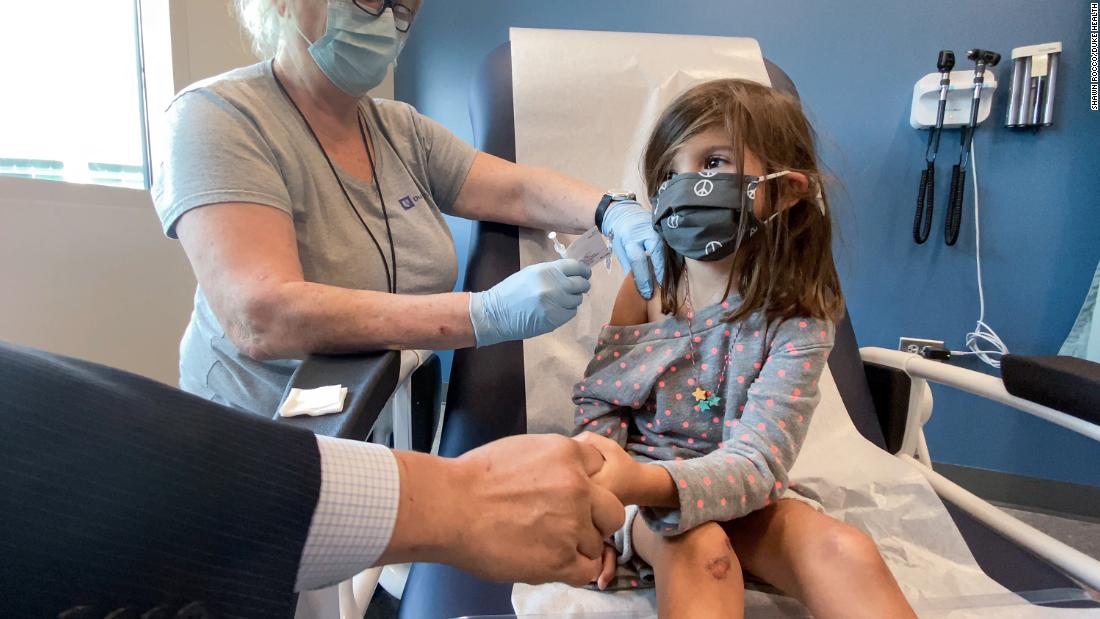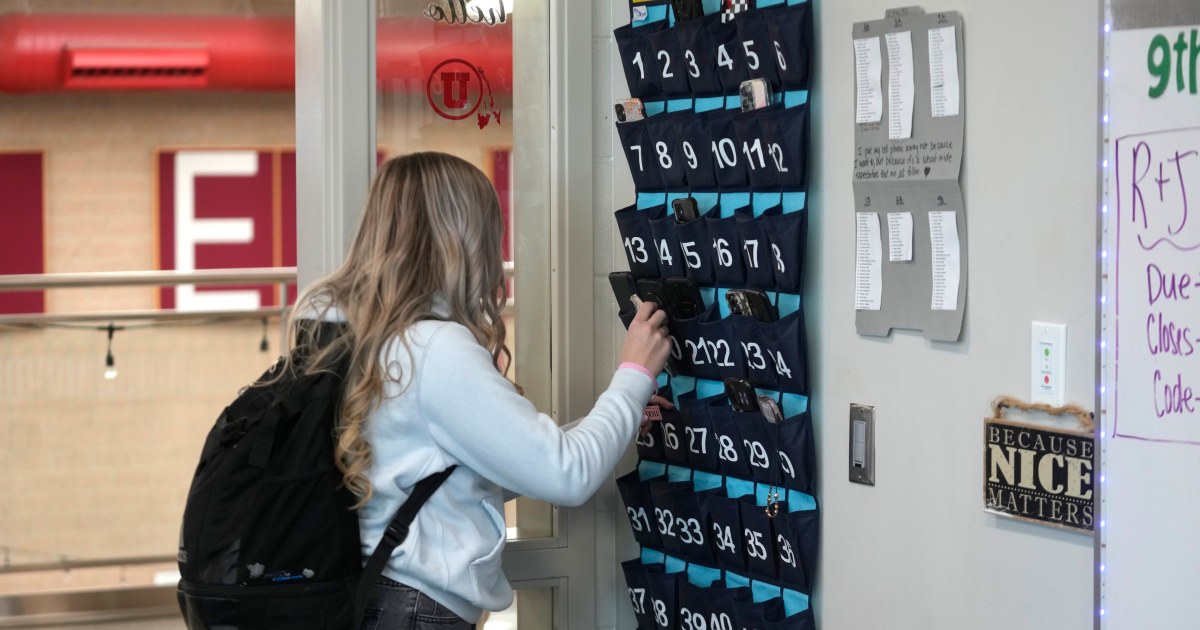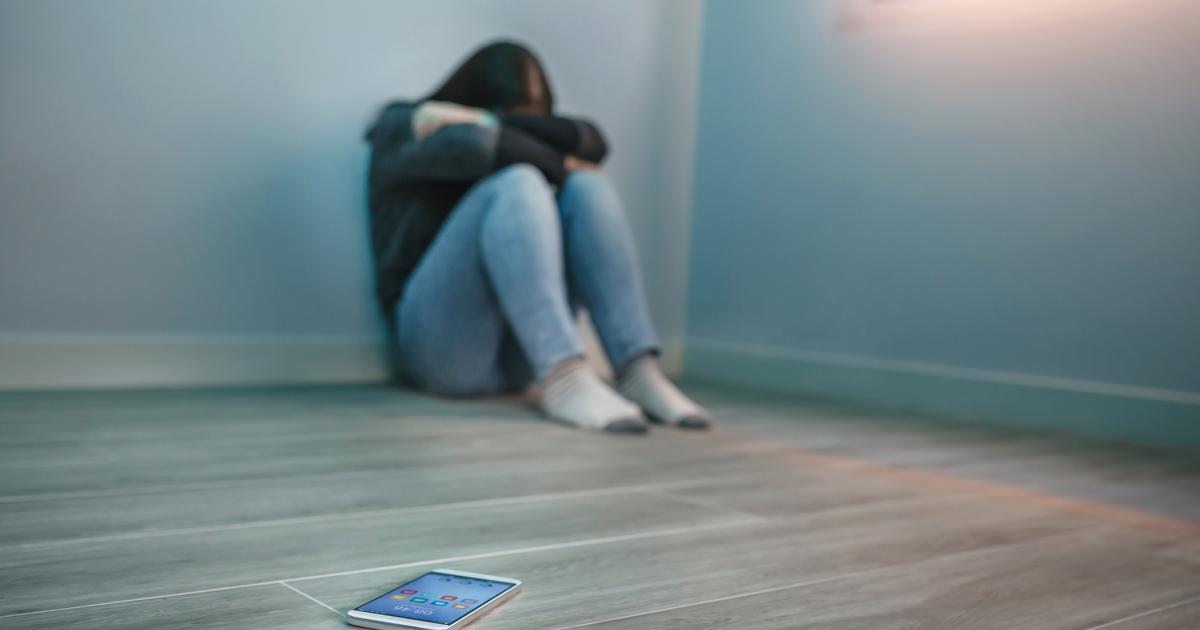Dr. Huerta: Pediatricians, key to fear of vaccinating children 1:29
(CNN) -
A covid-19 vaccine could be available for young children soon, and public health leaders say vaccinating them could help end the pandemic, but only if parents do indeed vaccinate them.
A new poll suggests that, at best, that's uncertain.
Most parents say they will not immediately vaccinate their younger children, according to the survey released Thursday by the Kaiser Family Foundation.
"Right away" could be next week when vaccine advisers from the US Centers for Disease Control and Prevention (CDC) meet to discuss whether the agency should recommend the Pfizer / BioNTech vaccine for children. from 5 to 11 years old.
Some 28 million children would be eligible for the covid-19 vaccine, and pediatricians and pharmacies are already preparing to administer their doses.
But the survey found that among parents of children ages 5 to 11, only 27% said they will vaccinate their children against the virus as soon as a vaccine is available.
This could mean for your children that there is a covid-19 vaccine for children
That number has stayed about the same since July, despite growing evidence that the Pfizer vaccine is safe and effective for these younger children.
The vaccine is already licensed for children and adolescents over 12 years of age.
advertising
In September, Pfizer announced initial results of its trial that showed the vaccine elicited a "robust" antibody response in children ages 5 to 11.
The news appeared to have "little impact" in persuading parents to immediately vaccinate their children, according to researchers at the Kaiser Family Foundation.
Since then, Pfizer has provided even more positive evidence for its ccovid-19 vaccine.
In a document published last week, Pfizer said its vaccine is safe and 90.7% effective against symptomatic COVID-19 in younger children.
The US Food and Drug Administration (FDA) also said that the benefits of vaccinating younger children appear to outweigh any risks in a variety of settings.
Not all parents who were surveyed may have fully known about this additional safety information, as the survey was conducted October 14-24.
Parents seemed more concerned about vaccine safety.
About 76% of those surveyed said they were "very" or "somewhat" concerned about long-term side effects, while 71% were concerned about serious side effects.
A growing number of people also seemed to believe the myth that vaccines can affect fertility.
These Doctors Swear No Harm, But They Are Spreading Misinformation About The Covid-19 Vaccine
About 66% of the people surveyed said they were concerned about the effects of the vaccine on a child's future fertility.
As of January this year, only 3% of adults who responded to a Kaiser Family Foundation survey on vaccine skepticism had heard or believed that vaccines would negatively affect fertility.
There is no evidence to show that any of the covid-19 vaccines cause fertility problems, according to the CDC.
Some parents may believe that their children do not even need the vaccine.
While proportionally fewer children than adults have died or been hospitalized due to COVID-19, at least 745 children have died from COVID-19 in the United States since the start of the pandemic.
Thousands of children have been hospitalized, according to the CDC.
Children could also suffer long-term effects from even mild COVID-19.
"It would be a good idea to vaccinate children," Dr. Anthony Fauci, director of the National Institute of Allergy and Infectious Diseases, told CNN's Don Lemon on Wednesday.
These are the psychological effects of having prolonged covid-19
"From a statistical point of view, when children are infected, they are much more likely not to have a severe outcome compared to an older person like me, or someone who has an underlying condition, but that does not mean that children are exempt. from some serious illness because all you need to do is go to pediatric hospitals across the country and you see, particularly with the delta variant, which has a much higher chance of transmitting, that more children are becoming infected. "
Fauci said that vaccinating children is also important to reduce the spread of the disease.
"There are very good reasons to vaccinate children," Fauci said.
Fauci hopes the public health outreach to parents can persuade them to vaccinate their children.
For those hoping for parents to vaccinate their young children, there may be a silver lining to the survey: About a third said they would "wait and see" first how the vaccine works in other children.
That result is also consistent with the July polls, and that's not a resounding no.
The side effects of the covid-19 vaccine in children aged 5 to 11 are 'mild', according to researcher
"Those in the 'wait and see' category are persuasive and movable. We just have to talk to them in clear terms," Dr. Chris Pernell, a health equity officer at the School of Health, told CNN's Jake Tapper on Wednesday. Rutgers New Jersey Medicine.
"We have to make sure that parents understand that the cumulative benefits of vaccination outweigh any potential risks and we have to make sure that access to vaccines for children is available in schools, pharmacies and at their pediatrician's office."
Covid-19 Vaccine









